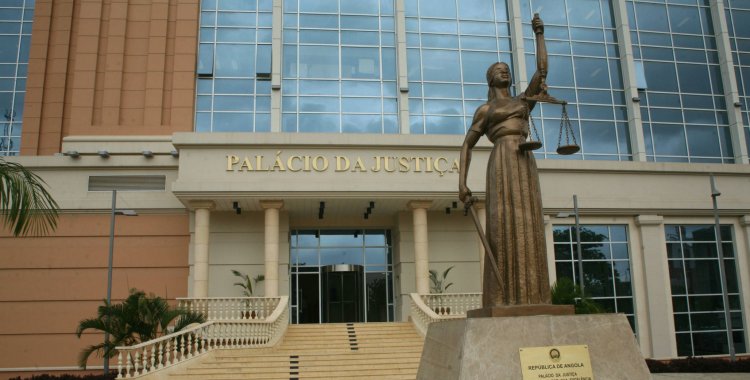The coordinator of the Commission for Justice and Law Reform, Francisco Queiroz, said the meeting was held to evaluate the work done so far, initiated in 2016, and to analyze the next tasks.
Francisco Queiroz, also Minister of Justice and Human Rights, stressed that the commission's mandate is limited to May 26, 2022, recalling that its members will face "a grandiose task and a stimulating intellectual challenge.
He stressed that in this new commission, the technical group on criminal matters assigned to the previous commission continues to monitor the legislative process regarding the new Penal Codes and Criminal Procedure.
"This must be done so that institutional coordination translates into an exercise of articulating the various visions, opinions and points of view that each body represented defends and so that the final result expresses the consensus of a healthy debate, because it is democratic, free and transparent," he said.
In statements to the press, jurist Raul Araújo, member of the commission, said that the work already begun on the previous reform will be followed up and a number of tasks established in the Presidential Order that created this body will also be developed.
"These are tasks which are linked to the elaboration of legislative diplomas and also to accompany the process of implementation of judicial reform. It is a process that is being conducted by the Superior Council of the Judiciary [CSMJ], and will continue to be so, will also accompany the process of implementing the computerization of the courts and also the definition of training policies for judicial magistrates, prosecutors and bailiffs," he said.
Asked what the priorities are, Raul Araújo pointed out diplomas that are linked to judicial reform, namely the reform of the Organic Law of the Supreme Court and its CSMJ, the Organic Law of the Attorney General's Office, the Superior Council of the Public Prosecutor's Office, and the remuneratory status of workers and magistrates of the Public Prosecutor's Office.
"All these diplomas are directly linked to the activity and condition the activity of judicial reform," he stressed.
For his part, the Attorney General of the Republic of Angola, Hélder Pitta Grós, said that they will particularly seek to adapt the Office of the Attorney General of the Republic (PGR) to the current situation of the country, taking into account that the law that guides the work of this body of justice is 2010.
"It is necessary to adapt and adapt it to the new times, as well as the status of the magistrates themselves and the law of our superior council, this concerns the PGR. In relation to all production, everything concerns us, as a supervisory body, we must in fact be attentive to all legislative production that will be made", he stressed.
The Commission for the Reform of Justice and Law was set up on 26 May, with the mission of concluding the drafting of new laws, monitoring the process of implementing the new system of judicial organisation, as well as the implementation of the technological model for the management of courts of common jurisdiction and in view of the need to proceed with the implementation of guidelines for the Training and Human Resources Programme for the Justice Sector.
In addition to representatives of the Constitutional, Supreme and Audit Courts, the Attorney General's Office, the Civil House of the President of the Republic and the Angolan Bar Association, the committee is composed of jurists Raul Araújo, Carlos Feijó and Virgílio de Fontes Pereira.







